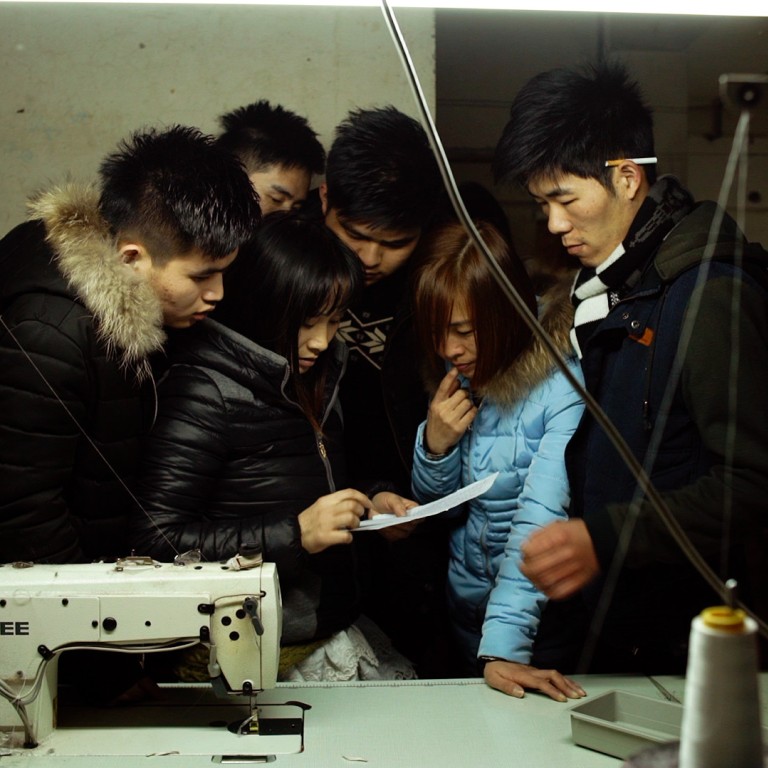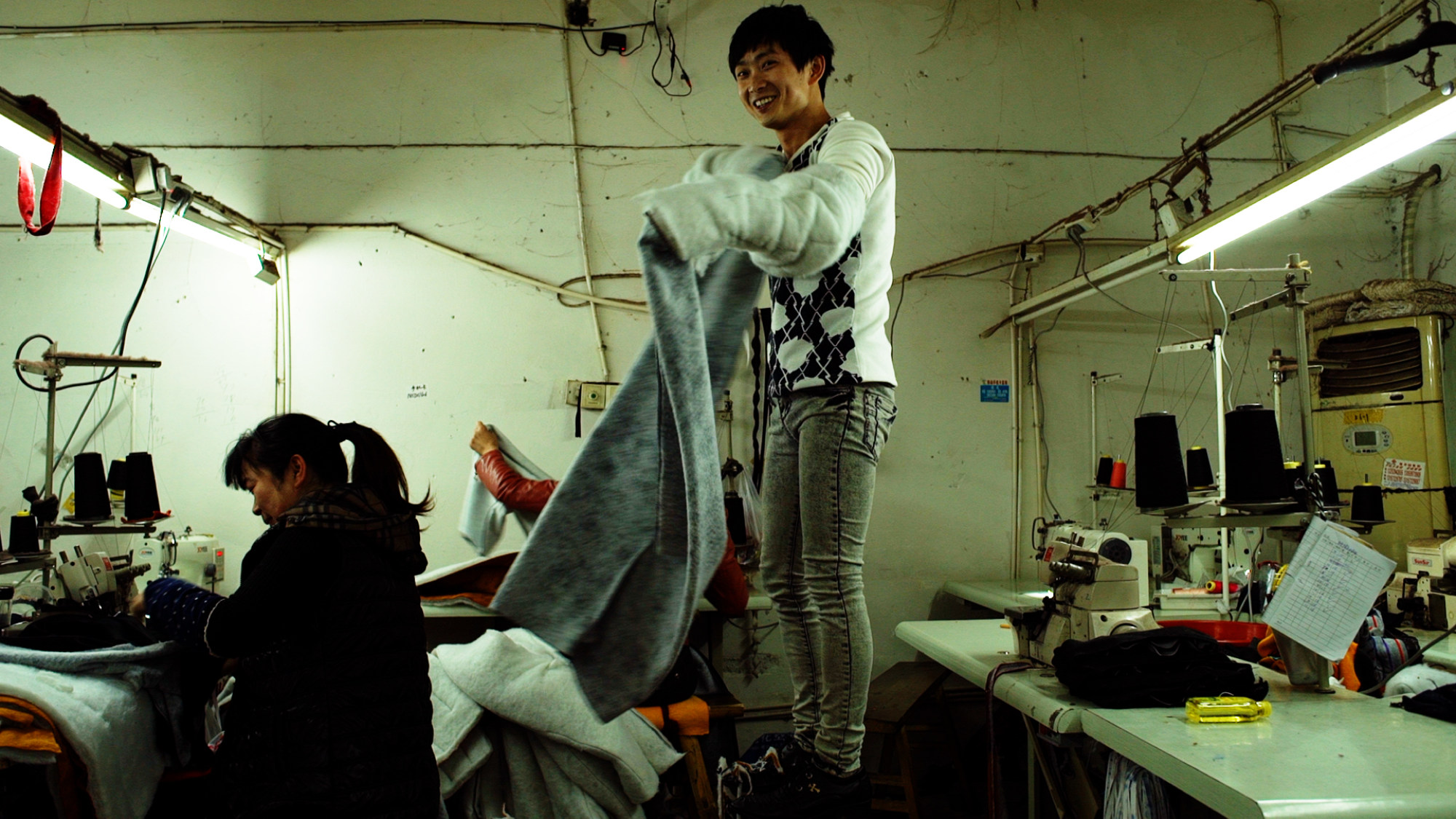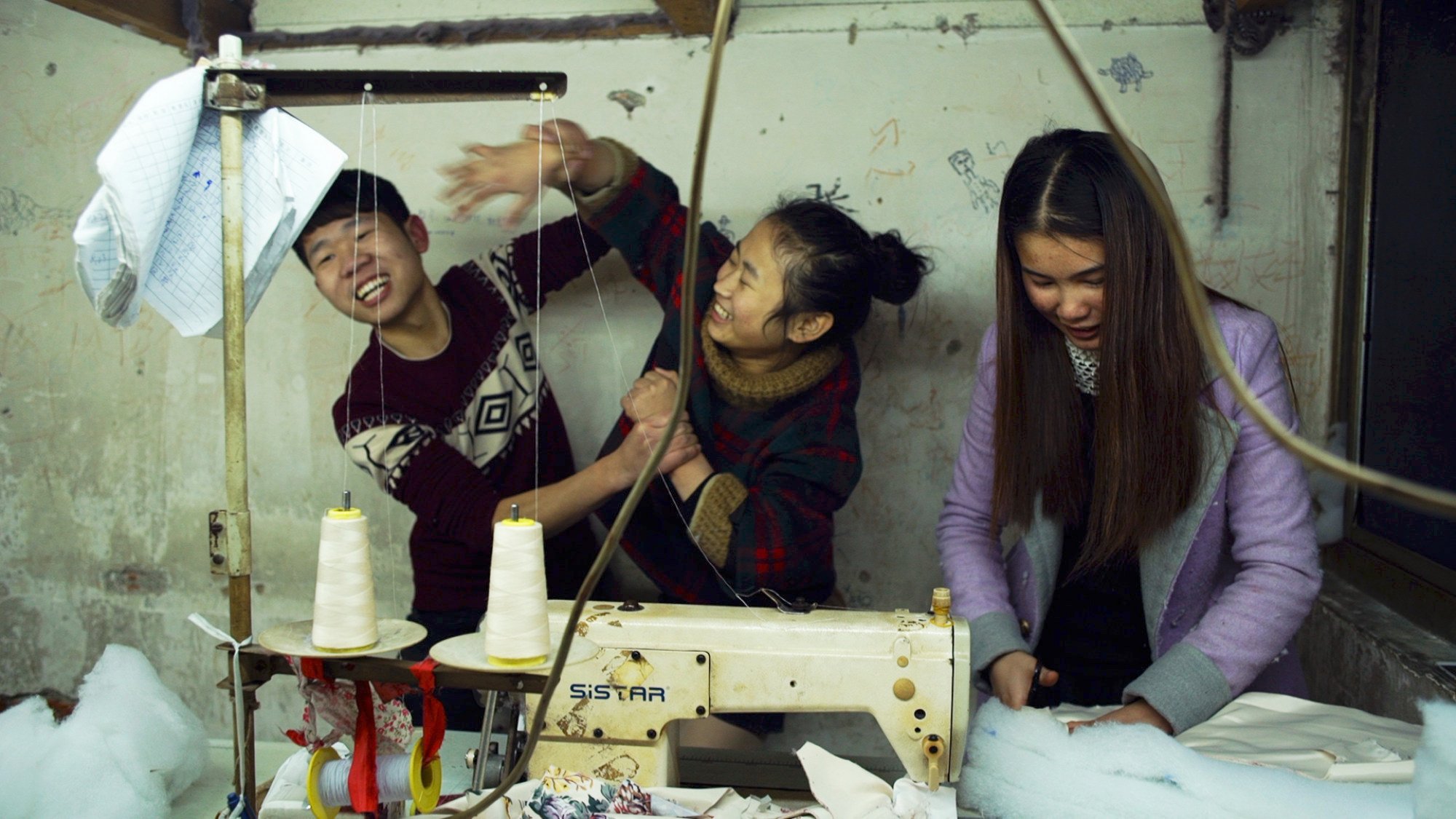
Review | Cannes 2023: Youth (Spring) movie review – vivid documentary about young factory workers in China by filmmaker Wang Bing
- Wang Bing’s documentary Youth (Spring) follows young factory workers in a collection of clothes factories in a town in China’s Zhejiang province
- Drawn from 2,600 hours of footage filmed over 5 years, the film offers an immersive, affecting overview of their exuberant lives amid poor working conditions
4/5 stars
“This place is hell. Everybody bullies me. There isn’t a single moment of peace.”
So says a garment worker in Youth (Spring), Chinese filmmaker Wang Bing’s documentary set in a collection of children’s clothing factories in a town in China’s Zhejiang province.
The comment is hardly surprising, given the many reports throughout the years about the inhumane working conditions in sweatshops in China. But that line is delivered in full jest here, with the young man talking happily about how his older female colleagues make constant passes at him.
Despite their seemingly dismal existence, the young labourers crack jokes and listen to loud music, make out with their colleagues during time off, and have food fights in their dormitories.

Drawn from a whopping 2,600 hours of footage filmed between 2014 and 2019, and designed as the first of a trilogy – thus the seasonal suffix in the title – the film offers an immersive and affecting overview of the joy and angst experienced by the young, listless and faceless masses on society’s margins.
Amid the rattling sewing machines, though, oppression and exploitation still exists; we see parents imposing their conservative social norms on their children and bosses ripping off their workers, who could be paid as little as five yuan (US$0.71) for every item they make.

Wang zeroes in on the often futile struggles that the young have against authority, as they strive to defy their parents and confront their taskmasters.
Wang also shows us how such resolve might go awry – at the end of this deftly edited documentary, the worker who initially complained of being pushed around has become the factory’s manager, and appears perfectly at ease berating his now-employees for demanding better pay.
His erstwhile associate, Xiao Wei – who appears in the early parts of the film as a perennially promiscuous rabble-rouser, stands in front of his well-appointed house in his hometown, basking in the glory of being a self-made man.

The chances of them entering China’s elite society are slim, but the masses are often the ones who make history – and Wang’s film is a vivid showcase of these people and a revealing glimpse of how they live now and how that shapes the way they will live in the future.

